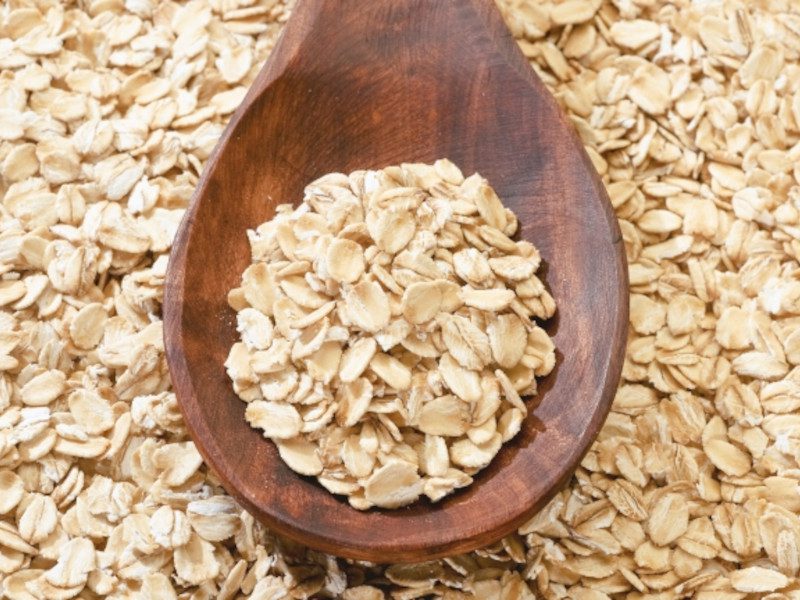Mr. Thorsten Strobel, Food Technologist at Daxner Germany GmbH, shares how their tailored sourdough and preferment systems are helping high-volume bakeries achieve artisan-quality dough with industrial-scale efficiency
How can bakers improve efficiency and consistency in sourdough and preferment production, particularly in high-volume bakery operations?
Efficiency and consistency in sourdough and preferment production can be significantly improved through precise planning and the design of a pre-/sourdough system tailored to both the requirements of the final product and the operational processes of the bakery. Key factors include the number and size of fermentation tanks, the scheduling of product distribution across the tanks, and the precise timing of sourdough fermentation starts.
A well-planned system ensures that the sourdough is always ready for processing exactly when needed in production. This eliminates unnecessary storage times and guarantees an efficient sourdough production process.
Daxner optimises the mixing of pre-/sourdough by utilising an external pre-mixer whenever possible. Separating the mixing process from the fermentation tanks significantly enhances overall system efficiency, as tank occupancy time is no longer required for mixing. Another major advantage of producing sourdough with a pre-mixer is the improved dough consistency achieved through the machine’s specifically designed mixing geometry, optimised for continuous mixing.
What are the key challenges in scaling up sourdough and preferment production from artisan bakeries to industrial-scale facilities, and how does Daxner’s technology help overcome these?
The primary challenge in scaling up sourdough and preferment production from artisan bakeries to industrial plants is ensuring consistently high product quality. This is precisely where Daxner’s expertise in designing and engineering pre-/sourdough systems comes into play.
With decades of experience in planning industrial sourdough systems, we understand exactly what is required to maintain optimal sourdough quality on a continuous basis. By offering a diverse selection of standardised components—including various sizes of fermentation and storage tanks, high-performance pumps, and our proprietary continuous pre-mixer—we can tailor each system to meet the specific needs of our customers.
Automated raw material handling and time-controlled sourdough fermentation reduce labour requirements compared to artisan production while simultaneously standardising quality.
How does Daxner ensure precise control over critical factors like temperature, fermentation time, and hydration to maintain consistent dough quality?
The mass flow of flour and water is continuously monitored and regulated, ensuring consistent dough texture at all times. The water temperature for hydration is calculated at the beginning of the mixing process, while both the actual dough temperature and flour temperature are continuously measured, allowing the hydration water temperature to be adjusted accordingly. Fermentation times are precisely controlled by the system’s recipe management, guaranteeing consistent results.
All of our fermentation tanks come standard with a double-jacket design based on pillow-plate technology, ensuring efficient temperature regulation during fermentation. Depending on the product requirements, plate heat exchangers can be integrated into the system to enable rapid and efficient cooling to a pre-set storage temperature.
What role does automation play in maintaining the artisanal qualities of sourdough while meeting industrial production demands?
Automation is key to producing high-quality sourdough in an industrial setting while maintaining artisanal standards. Precise control of sourdough parameters, such as temperature and fermentation time, ensures a consistently high level of quality. The high degree of automation allows the system to operate largely independently, requiring only minimal personnel for supervision.
By linking the system’s control software to production planning, the required sourdough quantity for the next production day can be automatically calculated, and fermentation start times can be set accordingly. This minimises manual workload for operators.
How does Daxner’s equipment contribute to reducing energy consumption and improving resource efficiency in sourdough and preferment production?
The energy required for pre-/sourdough production is minimised by our highly efficient pre-mixer. Precise temperature control eliminates unnecessary cooling and heating cycles.
Water consumption is significantly reduced thanks to the dust-free mixing process and the integration of highly efficient cleaning nozzles in the fermentation tanks. Additionally, the implementation of tailored, automated cleaning processes enhances cleaning effectiveness while reducing resource usage.
Ingredient waste is a major issue in the baking industry. How do Daxner’s solutions help minimise raw material losses during the fermentation process?
Smart recipe management ensures that sourdough and preferments are produced in exactly the required quantity for the specific production day, preventing overproduction.
Pigging systems allow for nearly complete use of product within both the system and the pipeline. Additionally, in the event of an unplanned production stoppage, all Daxner fermentation tanks are equipped with cooling functions, allowing the finished pre-/sourdough to be maintained at a predefined storage temperature rather than being discarded.
Read more latest industry news and developments in our free to download magazine.
Never miss a story… Follow us on:
LinkedIn: International Confectionery
YouTube: @ConfectioneryTV
Media contact
Joseph Clarke
Editor, International Confectionery
Tel: +44 (0) 1622 823 920
Email: editor@in-confectionery.com






